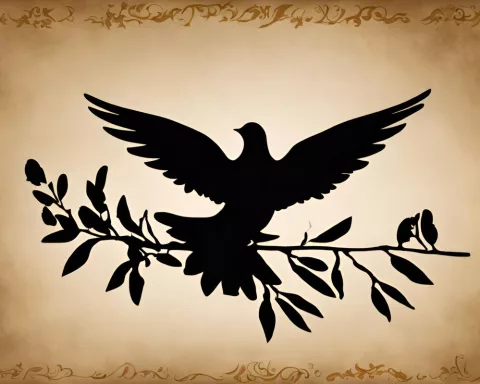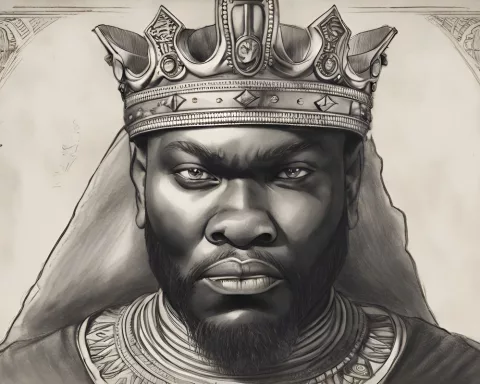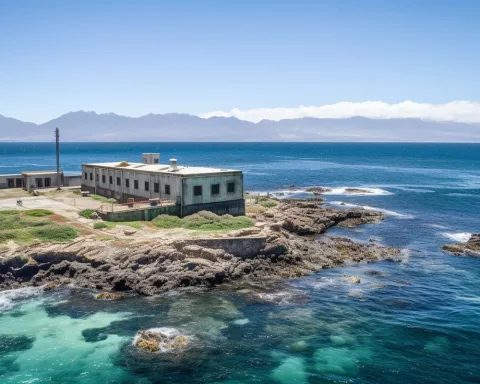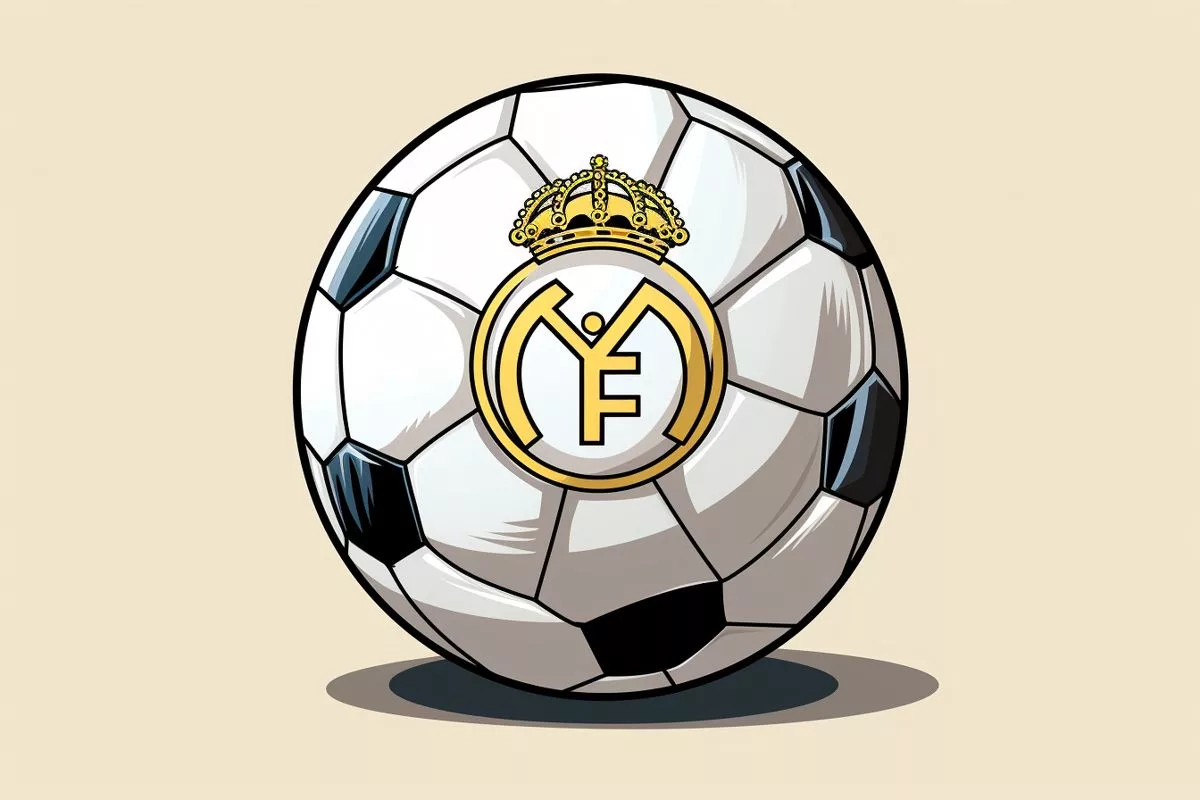The Zulu nation is facing a legal challenge after President Cyril Ramaphosa’s acknowledgement of King Misuzulu was invalidated by the Pretoria High Court. The ruling did not comment on the King’s legitimacy, leaving the issue unchecked and raising questions about tradition, law, and legitimacy. King Misuzulu’s spokesperson expressed the royal family’s need to deliberate on their future course of action, while President Ramaphosa remains unshaken and committed to seeking a resolution. The case highlights the ongoing dialogue between customary law and legal jurisprudence in South Africa and the delicate equilibrium necessary for maintaining harmony within a diverse society.
A Shocking Turn of Events: Zulu Nation Faces Legal Challenge Over King Misuzulu’s Recognition
Upon receiving the news that President Cyril Ramaphosa’s acknowledgement of King Misuzulu was invalidated, King Misuzulu’s official spokesperson expressed the royal family’s need to deliberate on their future course of action. The court’s ruling did not comment on whether King Misuzulu is the legitimate heir or not, leaving the issue of the King’s legitimacy unchecked. The Zulu nation finds itself at a critical junction, charting a course abundant with queries regarding tradition, law, and legitimacy.
The highly regarded Zulu nation was caught off guard on a recent Monday when the Pretoria High Court invalidated President Cyril Ramaphosa’s acknowledgement of King Misuzulu, essentially nullifying his appointment. The sudden legal ruling reverberated through the halls of power and across the South African terrain, causing a series of tremors within the esteemed Zulu populace.
A Royal Dilemma
Upon receiving the news, King Misuzulu’s official spokesperson, Prince Afrika Zulu, expressed the royal family’s need to deliberate on their future course of action. The choice to escalate the matter and challenge the verdict is being thoroughly examined. Prince Afrika stated, “The King, along with his legal advisors and the senior members of the Zulu Royal Family, are meticulously reviewing the verdict and deciding on the appropriate response.”
The Court’s Intervention
Judge Norman Davis, the first to preside over and make a decision on this case, has ordered that President Cyril Ramaphosa assemble an investigative team to scrutinize allegations that the King’s nomination did not adhere to customary law. With his declaration, Davis has effectively annulled the government’s endorsement, as documented in Government Gazette no. 46057 of 17 March 2022.
President Ramaphosa’s Reaction
Despite the court’s ruling, President Cyril Ramaphosa remains unshaken and firm in his commitment to seek a resolution. While attending the inaugural Presidential Science, Technology & Innovation Plenary, he addressed the predicament with a serene and measured response. He stated, “In my opinion, there is no real disaster here. We will discuss the way the judgement has been presented and find solutions. It is a matter that is plainly straightforward and can be handled.”
The President’s calm response to the situation reflects the composure of an experienced leader, one who has weathered the turbulent seas of politics and learned to remain calm in the face of unexpected obstacles. His confidence implies an awareness that historical trajectory is frequently influenced by such disagreements and how they are resolved.
The Judge’s Clarification
Judge Davis also stressed that his ruling did not comment on whether King Misuzulu is the legitimate heir or not. His judgement concentrated solely on the procedural elements of the King’s nomination, leaving the issue of the King’s legitimacy unchecked. This distinction carries considerable ramifications, reminding us that the legal process exists not to pass judgement on tradition or lineage, but to ensure that procedures are in line with the law.
This recent turn of events highlights the intricate issues related to tradition, custom, and law, particularly in a society as multifaceted and diverse as South Africa. It underscores the ongoing conversation between customary law and legal jurisprudence, a dialogue that can occasionally be contentious but is ultimately essential for the development and progress of any society.
A Nation at a Crossroads
The Zulu nation finds itself at a critical junction, charting a course abundant with queries regarding tradition, law, and legitimacy. The ultimate resolution of this case remains uncertain, but its implications will reverberate within the records of South African history. It serves as a reminder of the perpetual interaction between tradition and law, and the delicate equilibrium necessary to maintain harmony within a diverse society.
What is the legal challenge that the Zulu nation is facing?
The Zulu nation is facing a legal challenge after President Cyril Ramaphosa’s acknowledgement of King Misuzulu was invalidated by the Pretoria High Court. The ruling did not comment on the King’s legitimacy, leaving the issue unchecked and raising questions about tradition, law, and legitimacy.
What is the royal family’s response to the court’s decision?
King Misuzulu’s official spokesperson, Prince Afrika Zulu, expressed the royal family’s need to deliberate on their future course of action. The choice to escalate the matter and challenge the verdict is being thoroughly examined.
What did the court order President Ramaphosa to do?
Judge Norman Davis has ordered that President Cyril Ramaphosa assemble an investigative team to scrutinize allegations that the King’s nomination did not adhere to customary law. With his declaration, Davis has effectively annulled the government’s endorsement, as documented in Government Gazette no. 46057 of 17 March 2022.
How did President Ramaphosa react to the court’s ruling?
Despite the court’s ruling, President Cyril Ramaphosa remains unshaken and committed to seeking a resolution. He addressed the predicament with a serene and measured response, stating, “In my opinion, there is no real disaster here. We will discuss the way the judgement has been presented and find solutions. It is a matter that is plainly straightforward and can be handled.”
What did the judge’s ruling focus on?
Judge Davis’s ruling did not comment on whether King Misuzulu is the legitimate heir or not. His judgement concentrated solely on the procedural elements of the King’s nomination, leaving the issue of the King’s legitimacy unchecked.
What does this situation highlight about South African society?
This recent turn of events highlights the intricate issues related to tradition, custom, and law, particularly in a society as multifaceted and diverse as South Africa. It underscores the ongoing conversation between customary law and legal jurisprudence, a dialogue that can occasionally be contentious but is ultimately essential for the development and progress of any society.












